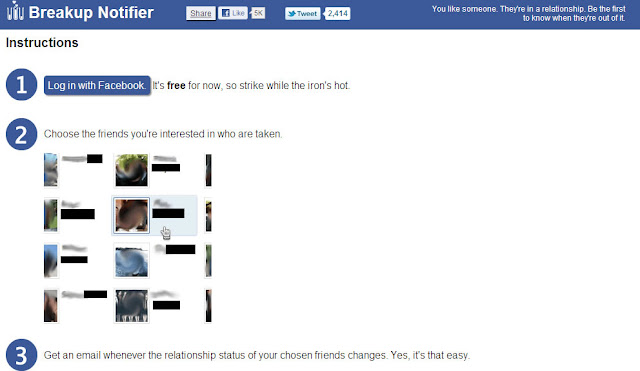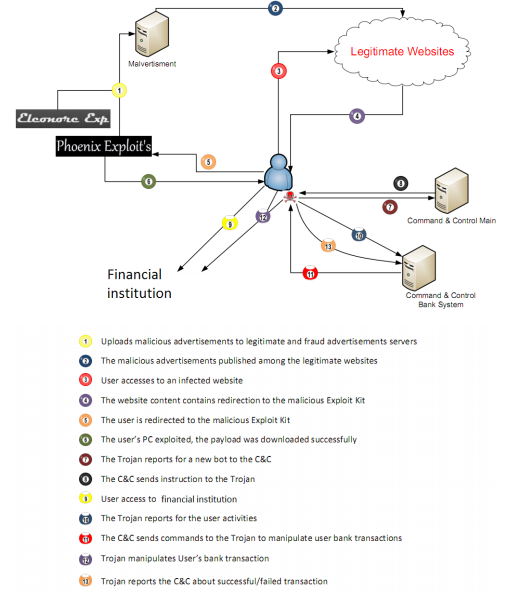C-NET: Google Books can bridge digital divide
A coalition of civil-rights and disability groups in favor of Google's book-scanning project held a press conference Thursday to marshal support for improving access to knowledge, the key benefit of Google's deal with authors and publishers to create a new kind of digital library. They fear that a once-in-a-lifetime opportunity to gain digital access to knowledge previously stored in libraries at expensive universities or rich communities could be hampered by the opposition to the settlement from some authors and privacy advocates.
Companies and organizations are rapidly lining up on either side of the proposed settlement, reached last October, after Google was sued in 2005 for scanning out-of-print works without explicit permission from rights holders. The deadline to submit comments has been extended to next Tuesday as the result of the last-minute realization that the U.S. District Court for the Southern District of New York had planned to take its servers down for maintenance over the holiday weekend, though the deadline for authors to opt out of the settlement remains Friday.
Those opposing the settlement have perhaps protested most loudly over the past six months, but Google put together a group of organizations who stand to make huge gains, if the settlement is approved--and not the monetary kind--to make their case on Thursday.
Blind people, for example, have access to a special library run by the Library of Congress that converts print books into formats readable by the visually impaired, but that library--in existence since 1931--only has 70,000 texts, said Chris Danielsen, director of public relations for the National Federation of the Blind. If the settlement is approved in October, it will give "print-disabled" people "access to more books than we have ever had in human history," he said.
Advocates for the blind found themselves on the opposite side of the Author's Guild, one of the parties to the Google settlement, earlier this year, after the guild protested that the text-to-speech reader on Amazon's Kindle could hurt the market for audiobooks, prompting Amazon to give control of the feature to authors.
Providing digital access to literature and textbooks would allow libraries at all schools to simply maintain PCs, rather than having to devote resources toward acquiring and maintaining books, several supporters argued. Many communities in poorer parts of the country don't have the resources to maintain libraries competitive with those in richer communities, and lack of access to knowledge makes it harder for students in those communities to learn, according to Wade Henderson of the Leadership Council on Civil Rights.
Whether or not Judge Denny Chin is swayed by these arguments remains to be seen, since opponents who believe Google overstepped its bounds by scanning copyright-protected books will likely make the case that two wrongs don't make a right. Still, they underscore exactly what is at stake with Google's library project: a chance to transform the way the world accesses knowledge with an extremely difficult undertaking that few companies or organizations outside of governments are thought capable of matching at the present time.
source: C-NET News


Comments